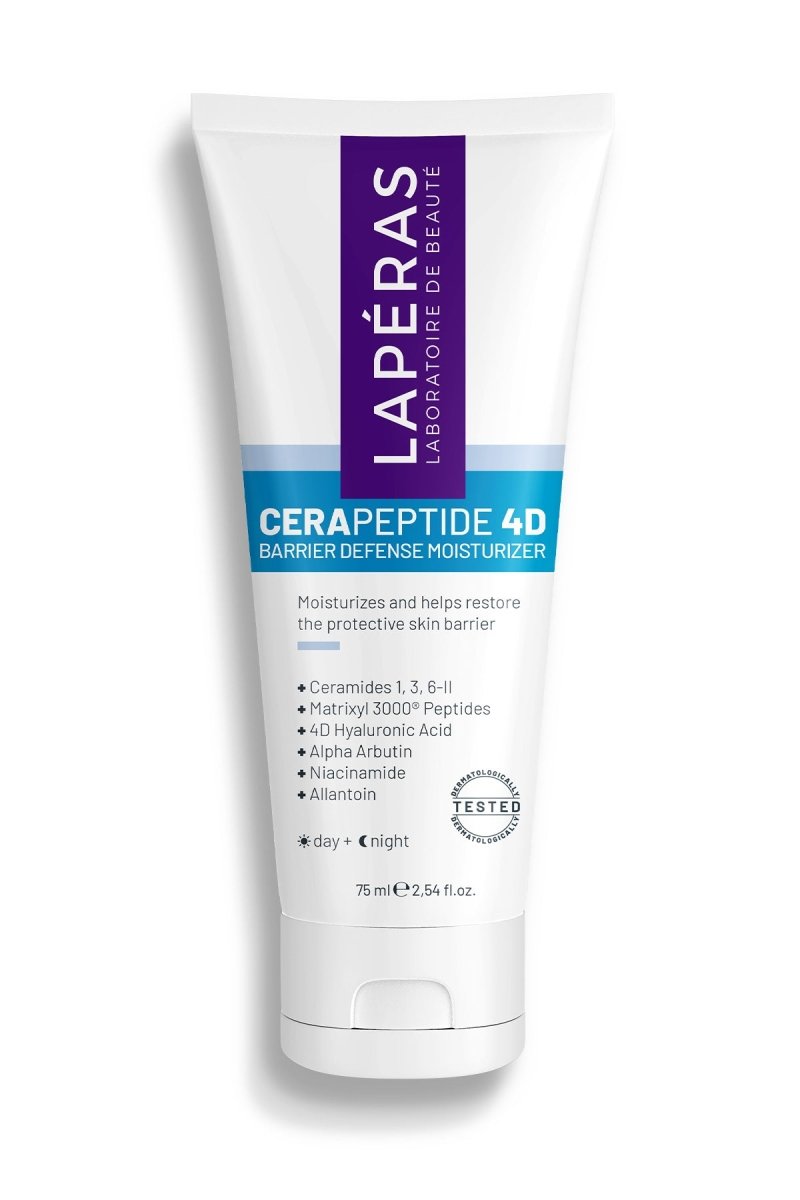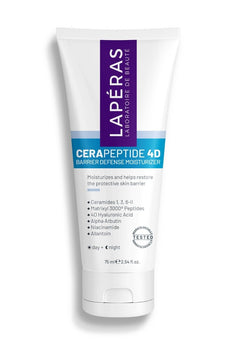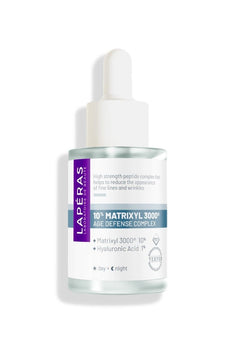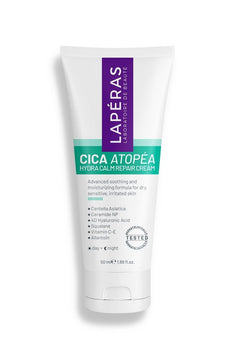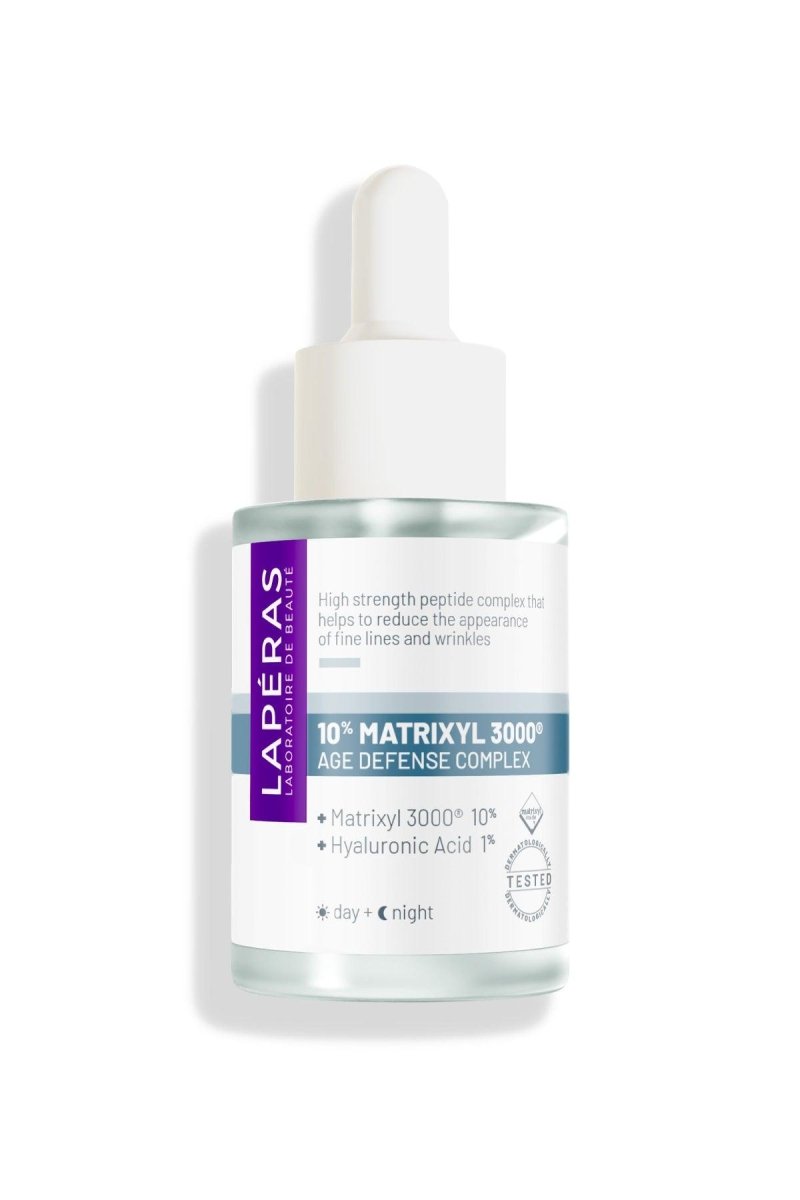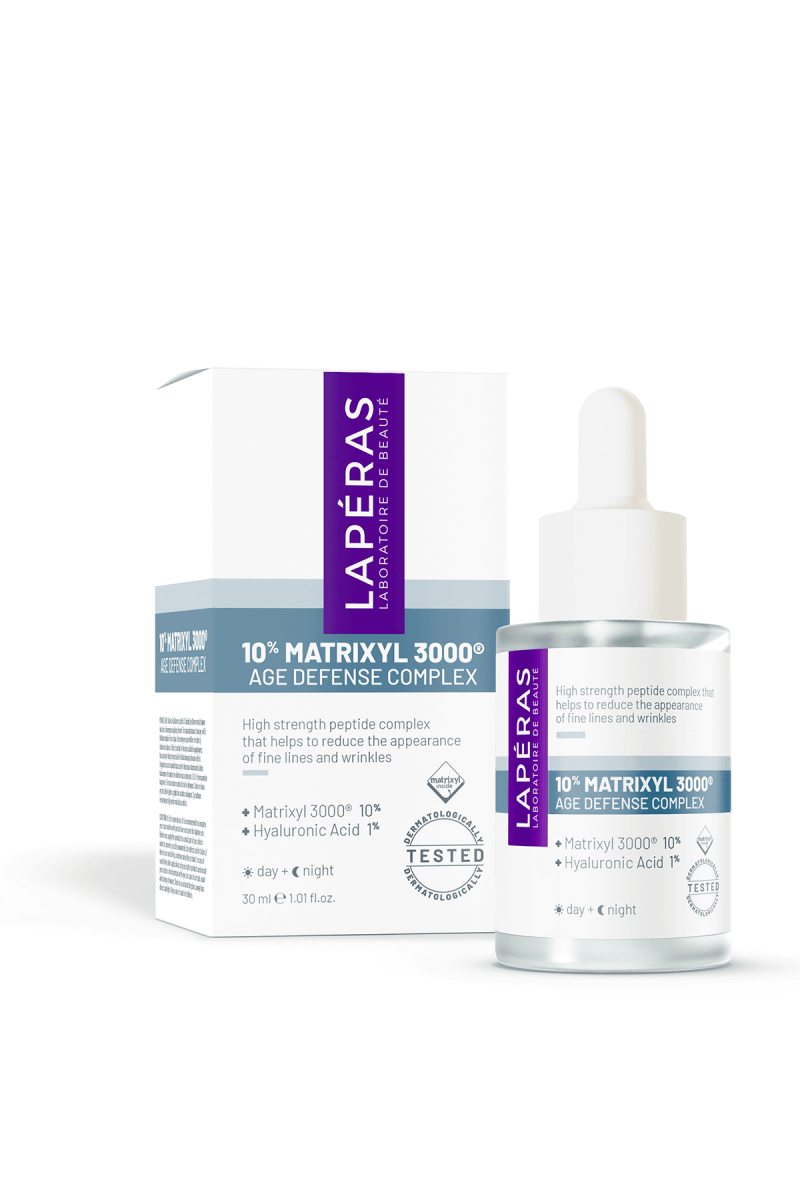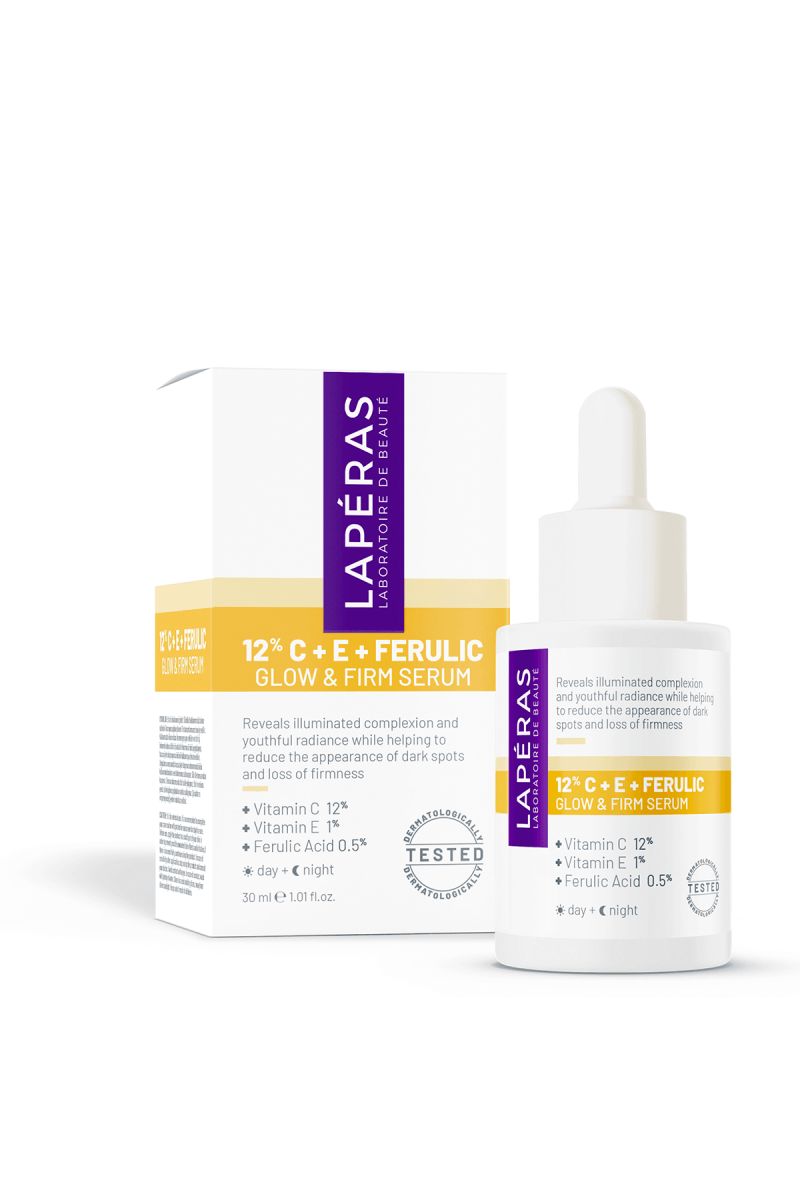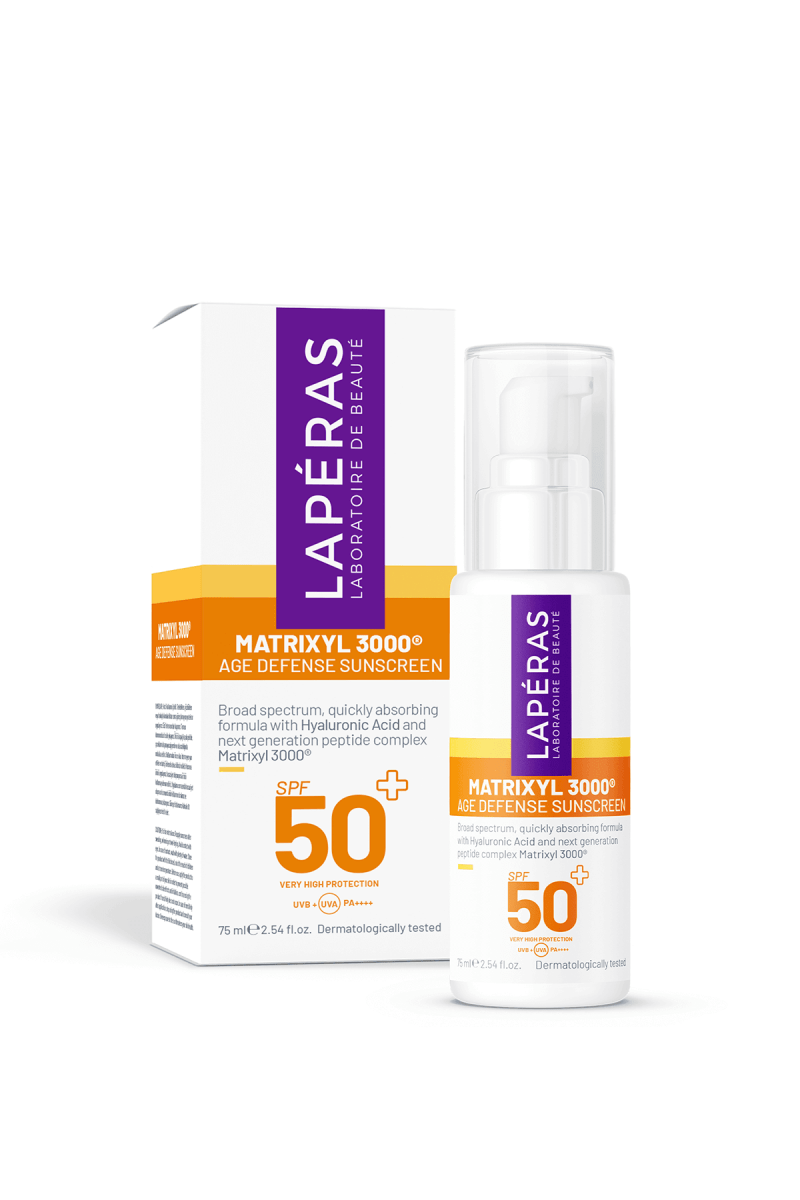Methods That Increase Collagen Production in the Skin
Collagen is one of the most important proteins that maintains skin elasticity and firmness. Collagen production decreases with age, which can cause the skin to appear thinner, saggy, and wrinkled. In this article, we will discuss in detail how you can increase collagen production naturally.
1. Use of Vitamin C
Vitamin C plays a vital role in collagen synthesis. Used in skin care products or as a dietary supplement, vitamin C stimulates fibroblasts to support more collagen production. Using it in serum form is especially effective in your morning routine.
2. Retinol and Retinoids
Retinol is a derivative of vitamin A and supports collagen production by accelerating cell renewal. When used regularly, it helps reduce fine lines and make the skin look younger. For sensitive skin, start with a low concentration.
3. Collagen Supplements
Supplements containing hydrolyzed collagen peptides are easily absorbed by the body when taken orally and can increase collagen production. Studies show that regular use increases skin elasticity and improves moisture balance.
4. Sun Protection
UV rays damage collagen fibers, causing the skin to age faster. Using sunscreens both protects existing collagen and encourages the production of new collagen. Products with at least SPF 30 should be preferred.
5. Products Containing Peptides
Peptides are short chains of amino acids that signal cells to produce collagen. Serums and creams containing peptides in skin care can increase collagen levels in the long term. In particular, ingredients such as Matrixyl and Copper Peptide should be preferred.
6. Microneedling
Microneedling, performed with a Dermaroller or professional device, triggers collagen production by creating micro-damages in the skin. This method renews skin tissue, reduces acne scars and provides tightening. Attention should be paid to the healing process after the application.
7. Antioxidant Nutrition
It is important to consume foods rich in antioxidants to support collagen production from within. Foods containing vitamin C, vitamin E, zinc and copper in particular support collagen synthesis. Foods such as pomegranates, blueberries, broccoli, avocados and hazelnuts should be preferred.
8. Adequate Water Consumption
The body's moisture balance is important for collagen production. Drinking enough water makes the skin look healthier, more moist and fuller. It is recommended to consume at least 2 liters of water per day.
9. Avoid Sugar and Processed Foods
High sugar and processed food consumption increases the glycation process, which damages collagen fibers. This leads to loss of elasticity in the skin. Avoiding refined sugar is important to preserve collagen.
10. Sleep Pattern
During sleep, the body repairs itself and collagen production increases. Getting at least 7-8 hours of quality sleep at night supports skin renewal and healthy collagen synthesis.
Conclusion
Increasing collagen production is possible not only by using external products but also with internal support, correct lifestyle habits and skin care routines. You can have younger, tighter and healthier skin by regularly applying the methods listed above.
